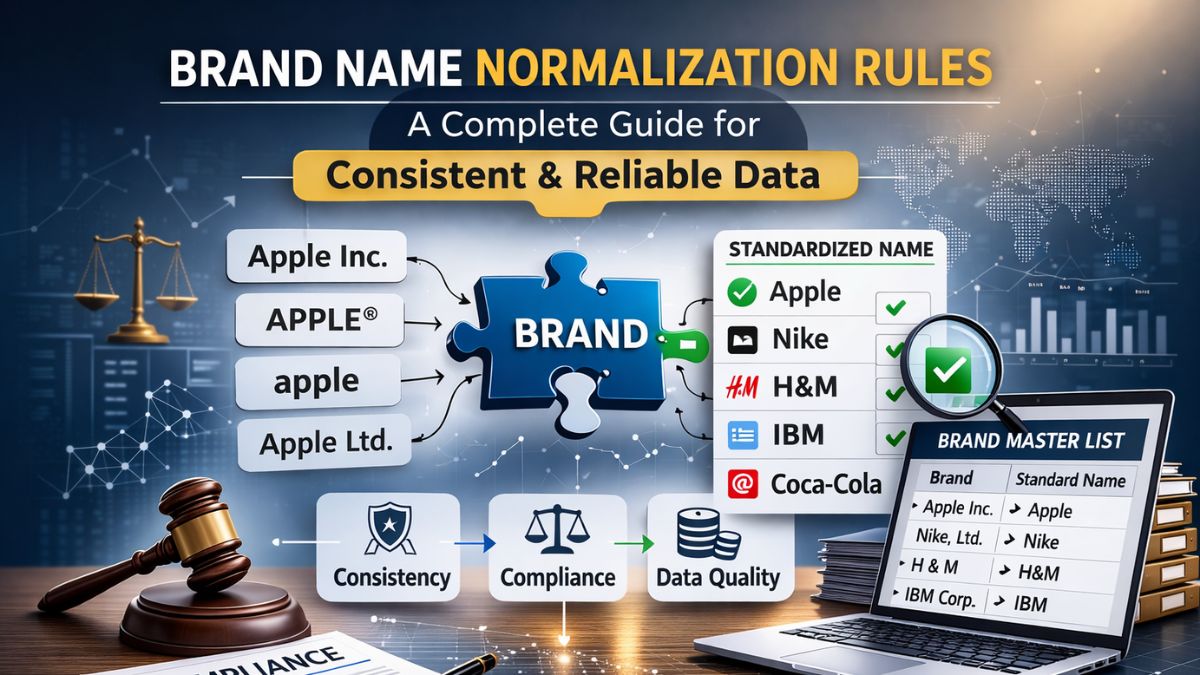Your tap water could be affecting your skin more than you think. Chemicals and minerals in water can cause dryness, irritation, and itchiness, often mistaken for reactions to soaps or skincare products. Understanding this connection is key to improving your skin’s health.
Common Water Culprits Behind Skin Irritation
Chlorine and Chemical Disinfectants
Municipal water treatment facilities add chlorine to eliminate harmful bacteria and pathogens, making our water safe to drink. However, this essential disinfectant can wreak havoc on sensitive skin. Chlorine strips away your skin’s natural protective oils, disrupting the moisture barrier that keeps irritants out and hydration in.
When chlorine levels are particularly high, you might notice your skin feels tight immediately after bathing, or you may develop a rash that resembles eczema. Some people are more sensitive to chlorine than others, experiencing reactions even at standard municipal water treatment levels.
Hard Water Minerals
Hard water contains high concentrations of dissolved minerals, primarily calcium and magnesium. While these minerals aren’t harmful to consume, they can cause significant skin problems. Hard water makes it difficult for soap to lather properly, leaving behind a residue that clogs pores and creates a film on your skin.
This mineral buildup can trap dirt, bacteria, and dead skin cells, leading to irritation and breakouts. Additionally, the minerals in hard water can alter your skin’s natural pH balance, making it more susceptible to dryness and sensitivity.
Heavy Metals and Contaminants
Older plumbing systems may introduce heavy metals like lead, copper, or iron into your water supply. Even trace amounts of these contaminants can cause skin reactions in sensitive individuals. Lead pipes, copper fittings, and iron pipes can all leach metals into your water, especially if the water sits in the pipes for extended periods.
These metals can accumulate on your skin during washing, potentially causing allergic reactions, discoloration, or persistent irritation that doesn’t respond well to typical skincare treatments.
Recognizing Water-Related Skin Issues
Symptoms to Watch For
Water-related skin problems often manifest in specific ways that distinguish them from other skin conditions. You might experience sudden onset dryness after moving to a new location, itching that’s worse after bathing, or skin that feels rough and scaly despite using moisturizers.
Eczema flares that coincide with bathing, increased sensitivity to skincare products you’ve used without issue before, or persistent itchiness on areas most exposed to water during washing can all indicate water quality problems.
Geographic Patterns
Certain regions are notorious for water quality issues that affect skin health. Areas with naturally hard water, regions that rely heavily on groundwater sources, or locations with aging infrastructure often see higher rates of water-related skin complaints.
If you’ve recently moved and noticed new skin problems, or if your skin issues worsen during certain seasons when water treatment protocols change, your tap water could be the underlying cause.
Testing Your Water Quality
Professional Water Testing
The most reliable way to determine if your water is causing skin problems is through professional testing. Local water utilities provide annual water quality reports, but these may not reflect what’s actually coming out of your specific tap due to plumbing variables.
Home water testing kits can measure chlorine levels, mineral content, pH, and heavy metal concentrations. Many hardware stores sell basic test strips, while more comprehensive testing requires sending samples to certified laboratories.
DIY Assessment Methods
You can perform simple tests at home to gauge your water quality. Hard water often leaves spots on dishes and glassware, creates soap scum buildup in bathrooms, and makes it difficult to work up a good lather with soap or shampoo.
If your skin feels tight or itchy primarily after bathing rather than throughout the day, or if you notice a strong chlorine smell when you turn on the tap, these are indicators that your water quality might be affecting your skin.
Solutions for Healthier Skin
Filtration Systems
Installing water filtration systems can dramatically improve both your water quality and your skin’s condition. Whole-house filters remove chlorine, sediment, and some heavy metals before water reaches any faucet in your home.
Shower filters are a more affordable option that specifically targets the water you use for bathing. These filters typically remove chlorine and some minerals, providing immediate relief for many people with water-sensitive skin.
Water Softening Systems
For homes with hard water, water softening systems exchange calcium and magnesium ions for sodium or potassium ions, significantly reducing mineral content. Softened water allows soaps and shampoos to work more effectively while reducing the mineral buildup that can irritate skin.
However, some people find that very soft water can also cause skin issues, so finding the right balance for your specific needs may require some experimentation. Using a water softener, like those in Salt Lake City, can help tailor the water to suit your preferences.
Bathing Adjustments
Simple changes to your bathing routine can minimize water-related skin irritation. Shorter, cooler showers reduce your exposure to problematic chemicals and prevent over-drying your skin. Using gentle, fragrance-free cleansers helps maintain your skin’s natural protective barrier.
Applying moisturizer immediately after bathing while your skin is still damp helps lock in hydration and creates an additional barrier against irritants in your water.
When to Seek Professional Help
Dermatological Consultation
If changing your water quality doesn’t improve your skin condition, or if you develop severe reactions, consulting a dermatologist is essential. Some skin conditions can be exacerbated by poor water quality but require medical treatment beyond simple filtration solutions.
A dermatologist can help distinguish between water-related irritation and other skin conditions like eczema, psoriasis, or contact dermatitis that might require different treatment approaches.
Water Quality Specialists
If basic filtration doesn’t solve your problems, water quality specialists can perform comprehensive testing and recommend customized treatment systems. They can identify specific contaminants in your water supply and design filtration systems tailored to your home’s unique needs.
Conclusion
Tap water may cause skin irritation, but it’s often fixable. Test your water, use filtration if needed, and track irritation with a skin diary to improve skin health and comfort.






